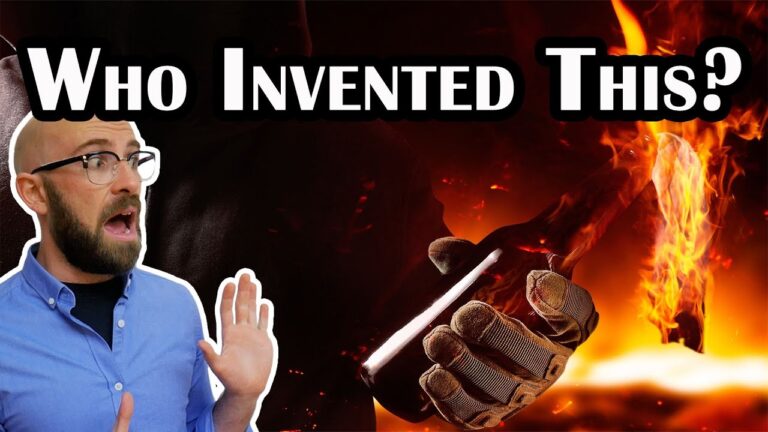“Uncover the Fiery Origins of the Molotov Cocktail: A Name That Speaks Volumes of War and Rebellion!”
Since the Second World War, Molotov cocktails have been used in conflicts and protests too varied and numerous to list, the simple technology still proving highly effective despite significant advancements in tank design. During the 1956 Hungarian Uprising, for example, Hungarian freedom fighters managed to knock out some 400 Soviet tanks using only homemade petrol bombs. The weapon’s ultra-simple design makes it easy for even the most poorly-equipped fighter to construct using all sorts of materials. And we do mean all sorts. In 2017, protests against the Venezuelan government of President Nicolás Maduro saw the introduction of the amusingly named “Puputov cocktail,” which is just what it sounds like: a glass jar or bottle filled with faeces. On May 10, 2017, these weapons – along with jars of paint to block the windows of police vehicles – were widely deployed in a protest action known as La Marcha de la Mierda or Shit March. Thanks to this supreme simplicity and versatility, the humble Molotov cocktail will likely remain the preferred weapon of the underdog for decades to come.
Expand for References
Weeks, John, Men Against Tanks, Mason/Charter, NY, 1975
Keegan, John (ed.), World War II: a Visual Encyclopedia, PRC Publishing Ltd, 1999
Scharfenberg, Ewald, Poop Bombs: the Venezuelan Opposition’s New Weapon, El País, May 9, 2017, https://english.elpais.com/elpais/2017/05/09/inenglish/1494320882_977138.html












